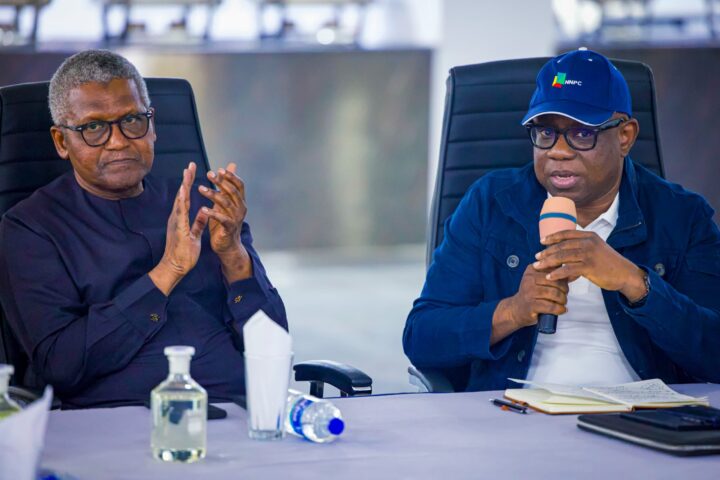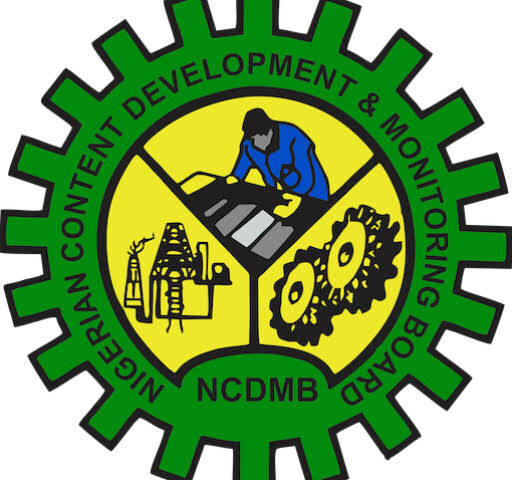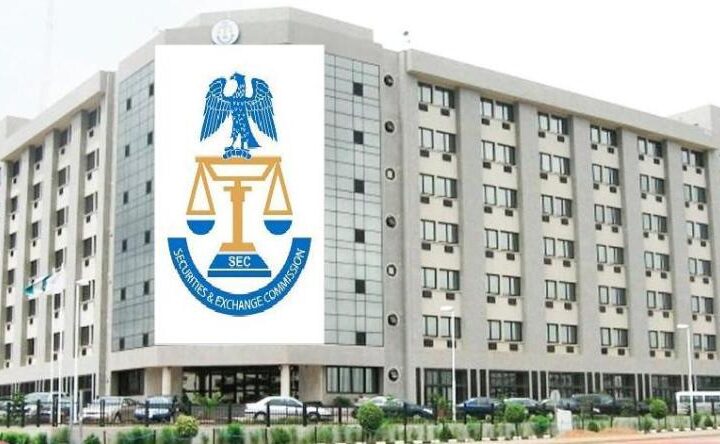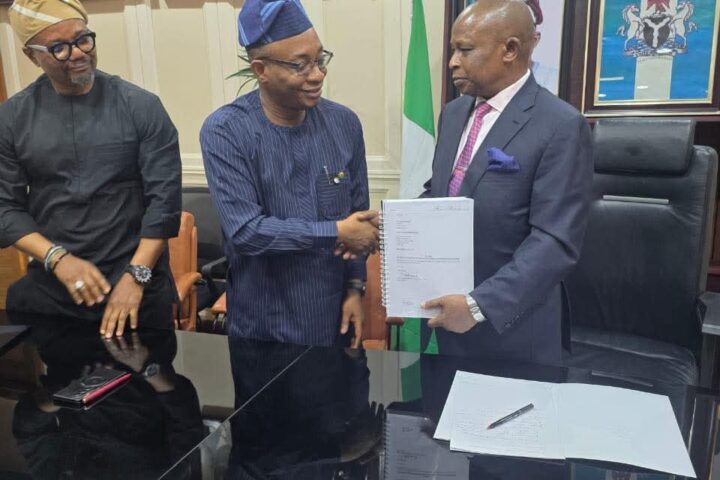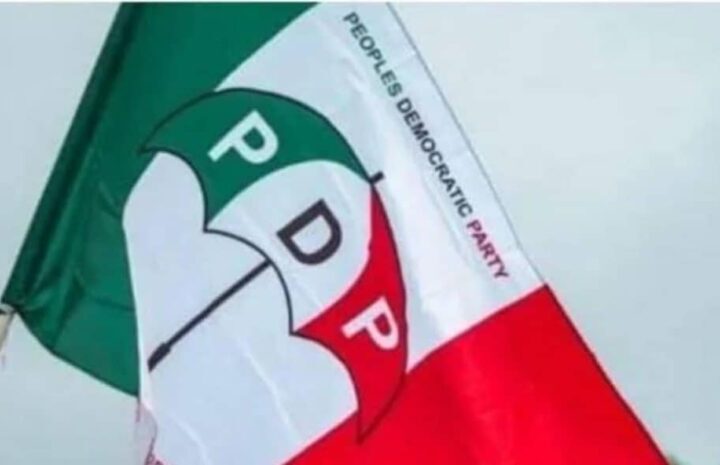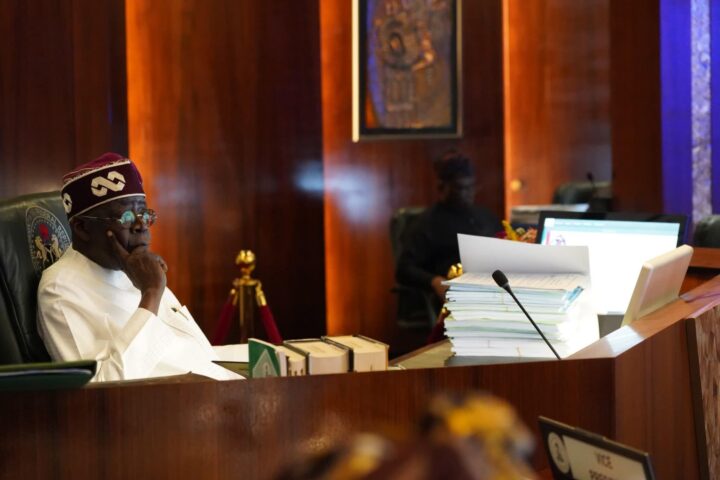Mohammed Shosanya
Following the recent commissioning of the Dangote Refinery, the Nigeria Export Processing Zones Authority,NEPZA now has a total of 52 Free Trade Zones under its supervision with a total of an estimated 35 billion US dollars combined investment profile.
Prof. Adesoji Adesugba, Managing Director/Chief Executive Officer of the Nigeria Export Processing Zones Authority (NEPZA),disclosed this at a press conference in Abuja on Monday.
Adesugba further identified
infrastructural deficit and imposition of levies and taxes within the Free Zones by other agencies of government as some of the challenges confronting NEPZA.
According to him, “Basic infrastructure within zones is critical for investors to conduct effective operations so as to yield return on their investments within a reasonable time frame.
“Previously, inadequate funding for provision of basic amenities such as power, water, roads (internal and external), and fast internet service within zones have plagued the scheme to date.
“In line with my vision of establishing “plug and play” technologically driven zones, this is being addressed through cordial engagements with the FMITI, Federal Ministry of Finance, and Federal Ministry of Budget and National Planning and has resulted in an increase of N20 billion in capital allocation from N1.5 billion to N21.5 billion for NEPZA.
“This engagement also attracted N35.4bn in budgetary allocation for the upgrade of power generation and supply to Kano Free Trade Zones (KFTZ) and Calabar Free Trade Zone (CFTZ).
He said an additional N18.1bn approval by the Federal Executive Council (FEC) was also received for development of infrastructure within zones,including the access road infrastructure for the proposed MSEZ.”
He added that the Free Zone Scheme has shown that it is the easiest way of creating jobs for Nigerians, as over 170,000 people are currently employed in the Free Zones.
He further revealed that 541 enterprises or factories have been established within the Free Zones, adding that the Authority was targeting the establishment of 10,000 factories within the Free Zones.



